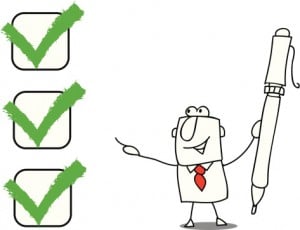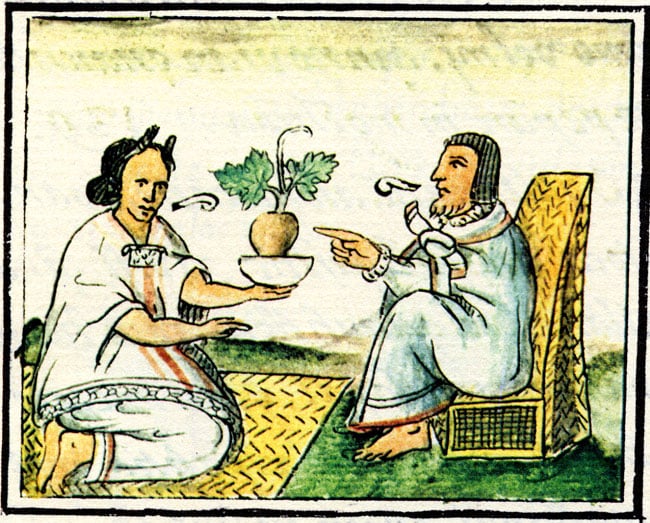 I am becoming increasingly – and alarmingly – aware, that all is not necessarily what it is cracked up to be in the horse rescue world. To be sure, horses need help. In some areas – in some cases, for years – owners are struggling to keep up with feed bills, and horses are being neglected. And, to be sure, there are many wonderful organizations that have sprung up with the intention of helping horses. And, while some of them face some formidable challenges (especially funding), I think that, in general, they are great!.
I am becoming increasingly – and alarmingly – aware, that all is not necessarily what it is cracked up to be in the horse rescue world. To be sure, horses need help. In some areas – in some cases, for years – owners are struggling to keep up with feed bills, and horses are being neglected. And, to be sure, there are many wonderful organizations that have sprung up with the intention of helping horses. And, while some of them face some formidable challenges (especially funding), I think that, in general, they are great!.
I take a great interest in equine welfare. I’ve served on the Welfare Committee of the American Association of Equine Practitioners, I’ve lectured on welfare, and I’ve trained law enforcement personnel on equine welfare. I think I have a pretty good understanding of a lot of complicated issues. What’s hard to understand is the way people act sometimes.
 When it comes to horse rescues, and horse rescue operations, I see a couple of problems – and they are people related. Alas, as with everything else, horse rescues are human endeavors. And, as with all human endeavors, they are subject to human weaknesses, such as pride and avarice (CLICK HERE for more on the Seven Deadly Sins). Such weaknesses seem to plague virtually all welfare endeavors.
When it comes to horse rescues, and horse rescue operations, I see a couple of problems – and they are people related. Alas, as with everything else, horse rescues are human endeavors. And, as with all human endeavors, they are subject to human weaknesses, such as pride and avarice (CLICK HERE for more on the Seven Deadly Sins). Such weaknesses seem to plague virtually all welfare endeavors.
Anyway, the first problem is that some of the people that are involved in private horse rescues seem to be in it more because of what it does for them than for what it does for the horses. That is, rather than focus on what’s good for horses, those people seem to take particular pride in trying to achieve some sort of messianic status as a horse savior. Which would be fine, I guess, but many of those people seem also to think that nobody else is up to the task. It’s unfortunate when someone puts him- or herself before the good of the horse under any circumstances.
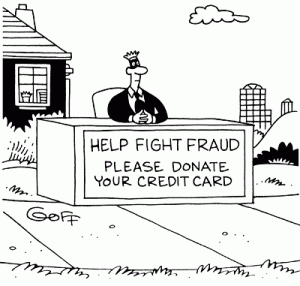 The second problem is that I see is fraud. It happens in disaster responses to human tragedies all the time. So, for example, if there’s an earthquake in a country far away, while many legitimate groups try to bring food and shelter to the disadvantaged, dubious organizations also spring up that take money from people with big hearts and good intentions. In some such operations in the horse world the FBI has even become involved (CLICK HERE for one story).
The second problem is that I see is fraud. It happens in disaster responses to human tragedies all the time. So, for example, if there’s an earthquake in a country far away, while many legitimate groups try to bring food and shelter to the disadvantaged, dubious organizations also spring up that take money from people with big hearts and good intentions. In some such operations in the horse world the FBI has even become involved (CLICK HERE for one story).
Anyway, I’ve come to understand that you need to be really careful when dealing with horse adoption/rescue operations. You need to make sure that while you follow your heart, you also use your head. Unfortunately, when it comes to helping take care of horses, many people tend to leap before they look. And, of course, that’s certainly understandable. If you love horses, it’s hard to turn away from a horse in need.
There are many good rescue operations and they could certainly use your help. There are so many opportunities for charity, and not enough charity to go around. But there are others that just take a picture of a horse, fund raise to buy it, and “place” horses for a fee. This sort of thing isn’t horse rescue as much as it is an income stream. It’s horse brokering under another name. It’s pretty shady, actually.
So, if you’re wanting to help with the plight of unwanted horses, I say, “Wonderful.” But make sure your money and hard work are really doing some good. Here are a few things that I think that you should do before you donate money to any operation that claims to be a horse rescue.
 1. Don’t fall for “pending” tax status. If an operation claims that 501(c)(3) is “pending,” wait for it. And, if you want to see if someone actually has 501(c)(3) status, you can CLICK HERE for the IRS website. Unfortunately, even if an operation has a 501(c)(3) status, that doesn’t necessarily mean that all’s well. But it’s a start.
1. Don’t fall for “pending” tax status. If an operation claims that 501(c)(3) is “pending,” wait for it. And, if you want to see if someone actually has 501(c)(3) status, you can CLICK HERE for the IRS website. Unfortunately, even if an operation has a 501(c)(3) status, that doesn’t necessarily mean that all’s well. But it’s a start.
2. Don’t rely on a Facebook page or a snappy website. Anyone can put those up. And they can be be managed carefully. Owners of disreputable outfits may delete comments and control input, making it look like everything’s great, when, really, it’s not. Things are not always what they seem.
3. Make sure that the “rescue” has a place to keep horses. If a rescue doesn’t have a facility to keep and care for horses, it’s not a rescue, it’s a horse flipping operation. If you want to own a horse, you might be able to save yourself a ton of “adoption fees” by just going out and getting one on your own.
4. If there is a facility, check it out. Go visit. See if it’s certified; many good ones aren’t, but if someone goes to the trouble of getting certified, that’s usually a good thing. The Global Federation of Animal Sanctuaries accredits and verifies animal sanctuaries – including horse rescue operations – around the world. CLICK HERE to learn more about them, and you can read about some of the certified organizations if you CLICK HERE. There are certainly good rescues that aren’t certified by anyone, but the point is that you should see for yourself.
5. Ask them about their standards of care. The American Association of Equine Practitioners (AAEP) has published care guidelines for rescue and retirement facilities. You can find them if you CLICK HERE. It’s a good idea if your favorite rescue has some standards, and they should be willing to show them to you.
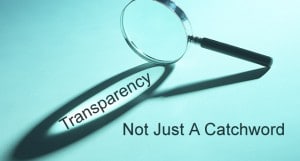 6. Make sure that the operation is transparent. Legitimate rescue operations should have a board of directors, whose faces and responsibilities are known. They should have published standards. Their operations should be transparent (no carefully controlled Facebook pages, for example). And, for goodness sake, find out what the money is being used for. Hungry horses need a couple of things: food and water. You shouldn’t be donating money to pay for psychic readings, expensive supplements, or expensive and extensive care. If you can’t easily get information about one rescue operation, find another one.
6. Make sure that the operation is transparent. Legitimate rescue operations should have a board of directors, whose faces and responsibilities are known. They should have published standards. Their operations should be transparent (no carefully controlled Facebook pages, for example). And, for goodness sake, find out what the money is being used for. Hungry horses need a couple of things: food and water. You shouldn’t be donating money to pay for psychic readings, expensive supplements, or expensive and extensive care. If you can’t easily get information about one rescue operation, find another one.
7. Don’t forget to check out the animal shelters. I am all for privately funded rescue operations. But that’s not the only way to help horses. There are plenty of other horses that need help, too. Animal welfare officers are on the front lines of helping save horses that are truly in trouble, and they often know of, or have, horses that need homes. Plus, they usually don’t have the complicated requirements – or fees – that some rescue operations have. There are lots of people trying to help horses – don’t forget public shelters that are set up to do just that.
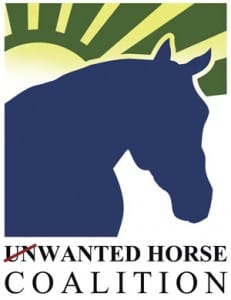 The plight of the unwanted horse is real, and good horse rescue operations are really needed. The Unwanted Horse Coalition is a group that is supported by many major equine organizations. They’ve got a website with lots of resources to provide you with help and information (most of which are free). I encourage you to check out their website: it just takes a CLICK.
The plight of the unwanted horse is real, and good horse rescue operations are really needed. The Unwanted Horse Coalition is a group that is supported by many major equine organizations. They’ve got a website with lots of resources to provide you with help and information (most of which are free). I encourage you to check out their website: it just takes a CLICK.
Giving money to some outfit that you don’t know many miles away from you is not necessarily the best way to help horses in need. In fact, it may just be a scam. There are lots of other ways that you can help horses. Find a local organization. Get to know the organizers. Attend fund-raisers, or, better, help set them up. Horses don’t need money – they also need feed, tack, and equipment. You can donate that, instead of money, too, you know.
Most of all, before you consider giving money to anyone, do your due diligence. Ask people in the horse community – people who ride and train, feed dealers, tack stores, farriers, and veterinarians – about the reputation of the organization that you’re considering supporting. And get involved yourself. You might find that helping horses with a legitimate organization is a good way to make friends, meet people, and, who knows, maybe even find your own new best friend!


